Presidents Captive to National Security System
As much hubris as it takes to think you can be the Leader of the Free World, it takes even more to buck the advice of the Establishment.
Responding to my argument in “Obama Wins Executive Secrecy Case” that presidents invariably seek to expand the power of their office in matters of national security, Kevin Drum counters that the real problem is that “newly elected presidents routinely find it almost impossible to buck a national security establishment when that establishment unanimously opposes something. “ He adds, “That’s not to defend Obama. It was still his decision, and it’s an odious one. But until, as a country, we come to our senses on national security, it’s not going to matter very much who’s in the Oval Office. The system is stronger than the man.”
There’s a lot to that. When presidents get the aforementioned “daily briefings on the dire threats facing the country,” they’re also getting implicit pressure to do something about them.
While it’s obviously a work of fiction, the early episode of “The West Wing” in which the new President Bartlet goes into the Situation Room, visibly cowed by the assemblage of the Joint Chiefs and other security bigwigs around him and then gets smacked down when he calls for a response to the crisis that goes outside the boundaries of how the game is played rung true to me. As much hubris as it takes to think you can be the Leader of the Free World, it takes even more to buck the advice of the Establishment. And woe be unto you if you do it and get it wrong. Far easier to go along with the flow.
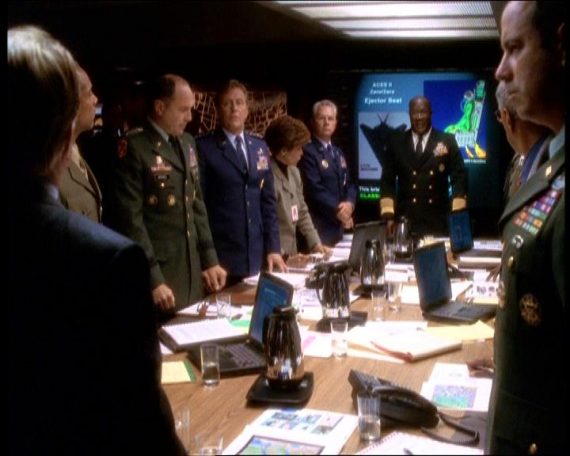

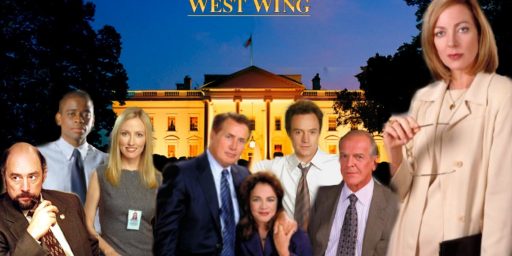

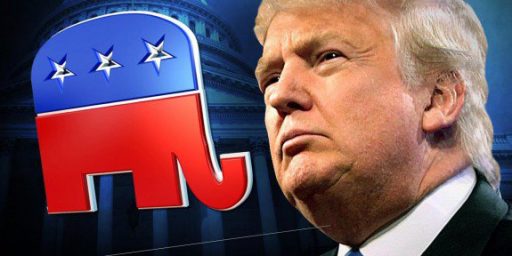
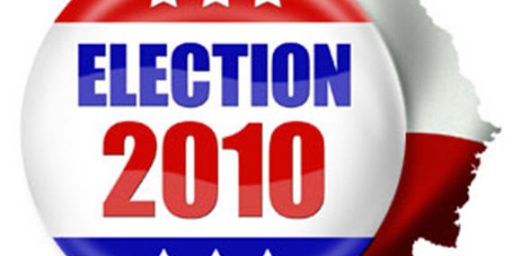
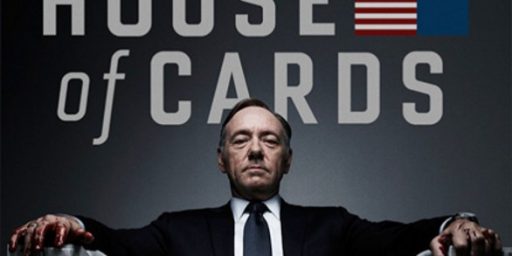
I also wonder why a President would voluntarily agree to have some portion of his intelligence and legal team tied up in civil litigation for three or four years regarding something that happened in the previous administration. Time and resources are scarce commodities.
Sometime it is necessary to blaze a new trail or to jolt a system out of the status quo. However one should be very very careful when going against the advice of top people who have been doing that job for a lifetime.
Having experience doesn’t mean you are right. However a smart person with a good deal of experience has a much better chance at getting it right than a newbie.
Precedent. They may not want to do those exact things but they may want to do other things that might be swept away by an adverse ruling.
Not for the government they ain’t. They can always add staff because everything’s free.
James, I’m still waiting for the fate of Gitmo to be resolved. The administration can’t afford to take staff away from beating their heads on the wall in order to get yelled at by plaintiff’s attorneys across the country.
The problem with closing Gitmo isn’t lack of attorneys but lack of alternatives. They can’t send these people back home and the politics of putting them in perfectly safe domestic prisons have proven too hard to win. So, they’re in limbo.
I think a good deal of the phenomenon is a consequence of nearly all presidents coming into office primarily interested in domestic policy, not particularly interested in foreign policy. That makes them more likely to defer to the foreign policy and military establishments than they otherwise might be. Plus without credentials of their own on foreign policy it’s riskier for them to buck those establishments.
George W. Bush dealt with the problem in a way that I didn’t much care for and which I believe is characteristic of weak managers: he let State and Defense hammer out policy between them, at least somewhat in public, with the differing interests of Foggy Bottom and the Pentagon competing with each other for primacy.